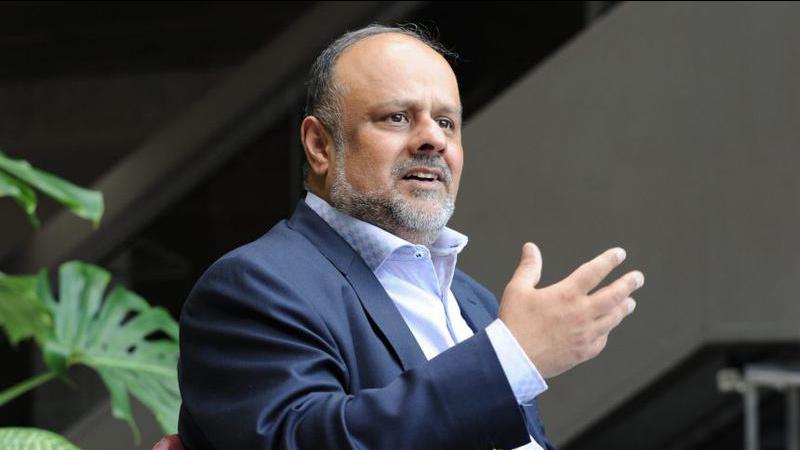
Government answers questions about slow vaccine rollout
Saskatchewan health minister Paul Merriman and Chief Medical Health Officer Dr. Saqib Shahab answered questions about why the vaccine rollout is seeming a lot slower than expected, during the provincial government’s first COVID-19 press conference update of 2021.
So far, 4,524 doses of the vaccine have been administered, including 2,069 Pfizer doses from the mid-December pilot program in Regina, 2,407 Pfizer doses in Saskatoon, and 48 Moderna doses in the Far North West and Far North Central.
An additional 3,900 of the Pfizer vaccine arrived in Prince Albert on Wednesday, Merriman said.
The biggest reason Merriman gave for the seemingly slow rollout is the fact the province doesn’t have enough doses to administer mass vaccinations.



